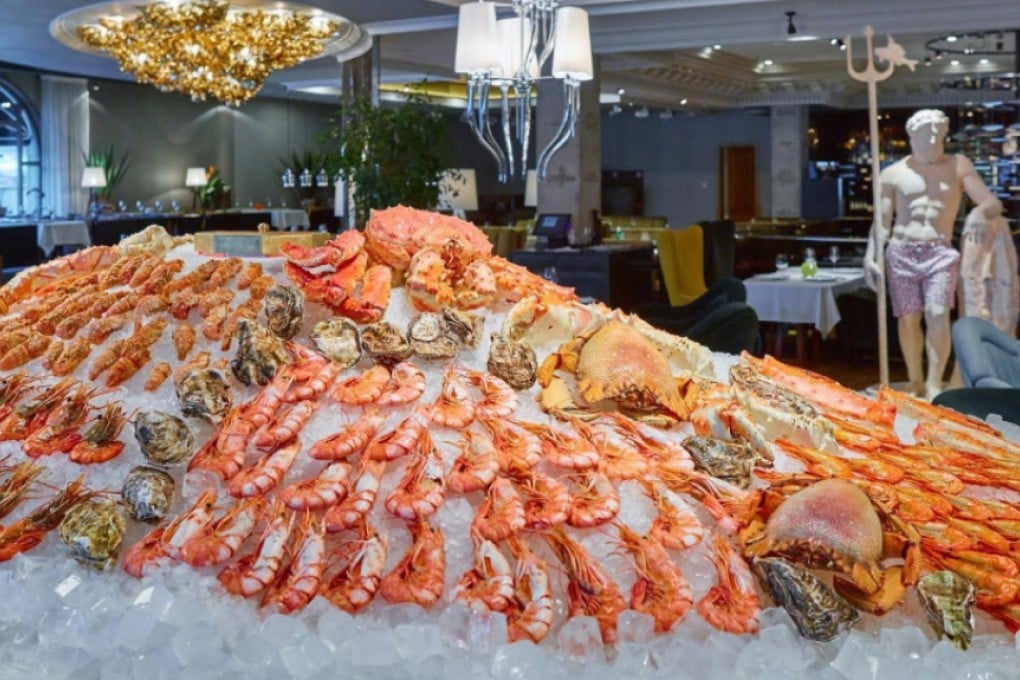How sanctions, ironically, made Moscow a gourmet capital
Russia's rejection of food imports in retaliation for sanctions over the conflict in Ukraine not only forced Moscow restaurateurs to focus on local ingredients but triggered a renaissance in Russian cuisine, writes Shaun Walker

Not so long ago, the idea of naming an upmarket Moscow restaurant after an unfashionable provincial Russian town would have been met with confusion.
These days things are different. Voronezh, which opened a few months ago in a restored central Moscow mansion, is often booked out a week in advance. Its success, and that of dozens of other restaurants, reflects trends which have, in a short space of time, transformed Moscow from culinary wasteland into foodie paradise.
All aboard the Tsar’s Gold luxury train from Mongolia to Moscow
Russia's sanctions on imported fruits, vegetables, meat and fish from the European Union and a number of other countries - introduced in response to Western sanctions over the annexation of Crimea and war in east Ukraine - prompted anger but also provided extra stimulus to a focus on locally sourced ingredients that was already under way, and created new interest in Russian ingredients.
When I have friends here from London, Hong Kong or Paris, they can't believe how good it is
On top of attempts at sanctions busting, which have involved imitating European cheeses and meats, with mixed results, there has also been a drive to rediscover Russian cuisine and use Russian ingredients.

